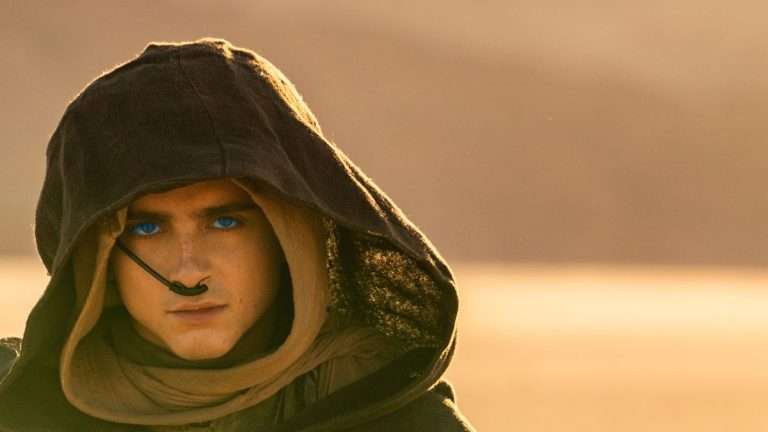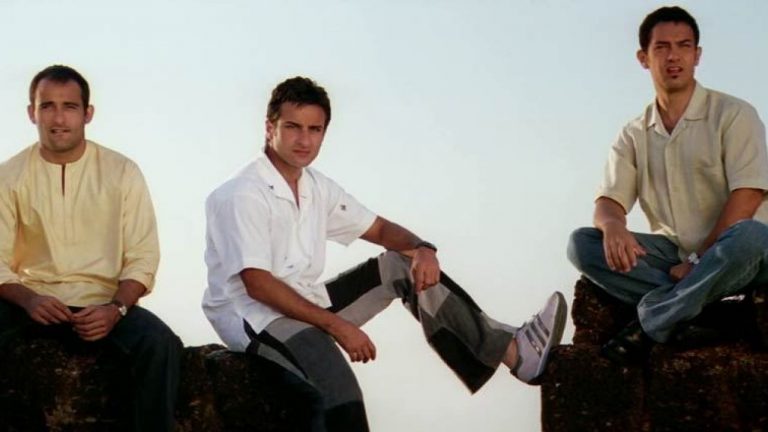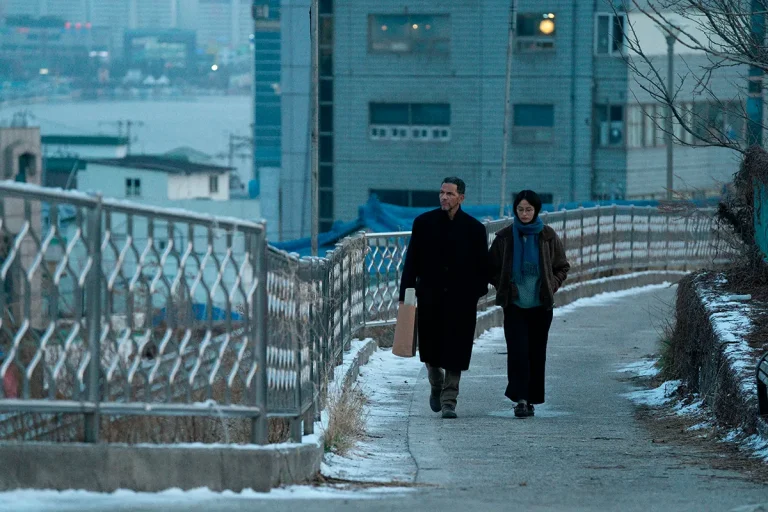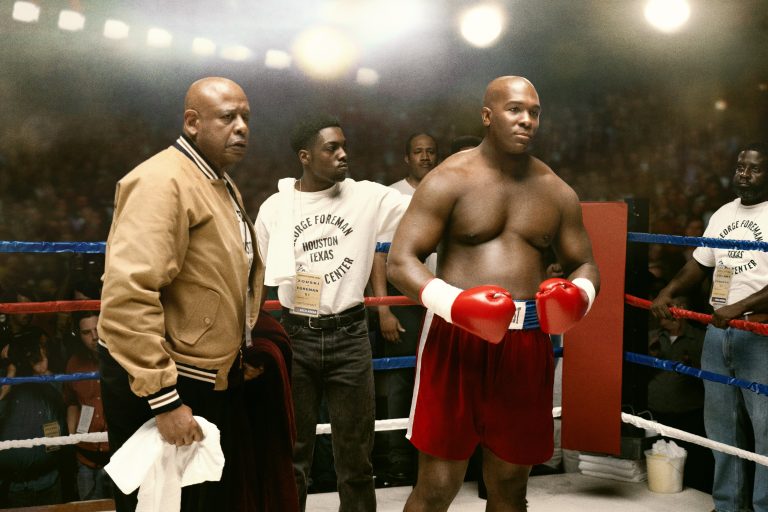Friendships can develop over the smallest of commonalities. Jerry Seinfeld, the legendary comedian, acutely observed that in most cases, kids form friendships simply because they live near each other. In Jerry Schatzberg’s “Scarecrow” (1973), when Francis asks Max, “Why did you pick me as your friend and business partner?” Max earnestly responds, “Cause you gave me your last match. You made me laugh.” When these bonds form, they form for life.
“Scarecrow” won the Cannes Palme d’Or in 1973 but got lost in the crowd of movies now remembered from that era. While it’s arguable whether it’s an important film, the fact remains that two of the greatest actors of all time give performances that remain singular in their filmography. Probably one of the strongest lead pairings of the 1970s in terms of acting prowess, Al Pacino and Gene Hackman chose this particular project to be their next after” The Godfather” and “The Poseidon Adventure,” respectively, both at the peak of their careers. In Pacino’s words, this is the best script he has ever read, whereas Hackman said that this was his favourite performance of his own.
The first scene perfectly sets up the characters. Hackman’s Max is in a rush to hitch a ride to go where he’s going. He doesn’t have time to waste. Pacino’s Francis, on the other hand, is first seen sitting quietly in a tree, observing Max. You can sense Francis thinking to himself, ‘I want to be friends with this guy. He seems interesting to me.’ They size each other up as the camera absorbs the beautiful landscape around them. From then on, they become fast friends.
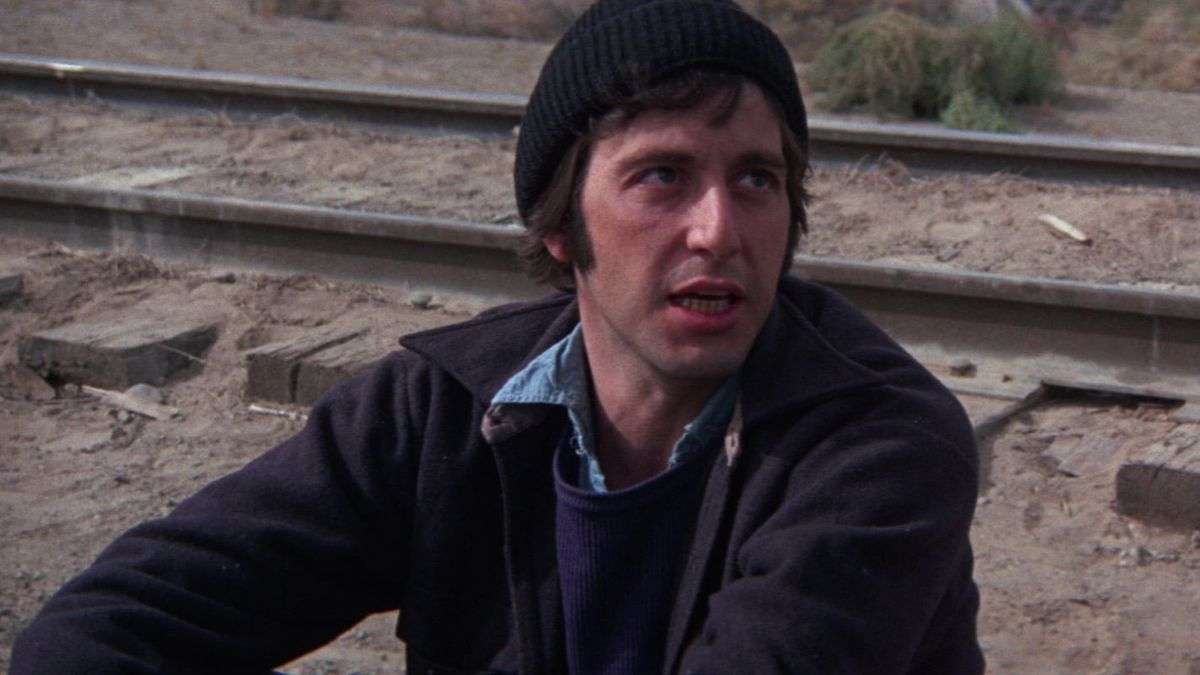
Director Jerry Schatzberg makes the wise choice of letting the scenes play out with long takes allowing the actors to go deep within their characterizations, as the scenes between Max and Francis have an improvisational energy. The best example is the ‘diner scene’ early on. Unbeknownst to us, by this point, Max has allowed Francis inside his inner sanctum sharing his plan to run a carwash in Pittsburg. He wants Francis to be his business partner.
It’s a humble plan, and it sounds like it would work, too, but there is a problem. Max has a temper. I don’t know if you’ve had the pleasure of witnessing real temper, but if not, Hackman shows us what it looks like. And it looks vicious. He is a big man, too, and as a ticking bomb waiting to explode, he terrifies. He’s picked a partner, in Francis, who believes that if you make people laugh, they won’t fight you. Max mistakes Francis’s innocence for a possible mental disability. This is Pacino’s comedic performance, if there ever was one. But underneath the cheerful exterior, Pacino is hiding sincere vulnerability. Max has always been on his own and doesn’t mind it, but Francis has difficulty being alone with his thoughts. Whereas Max has his business plans, all Francis wishes is to see his kid in Detroit, whom he’s never met.
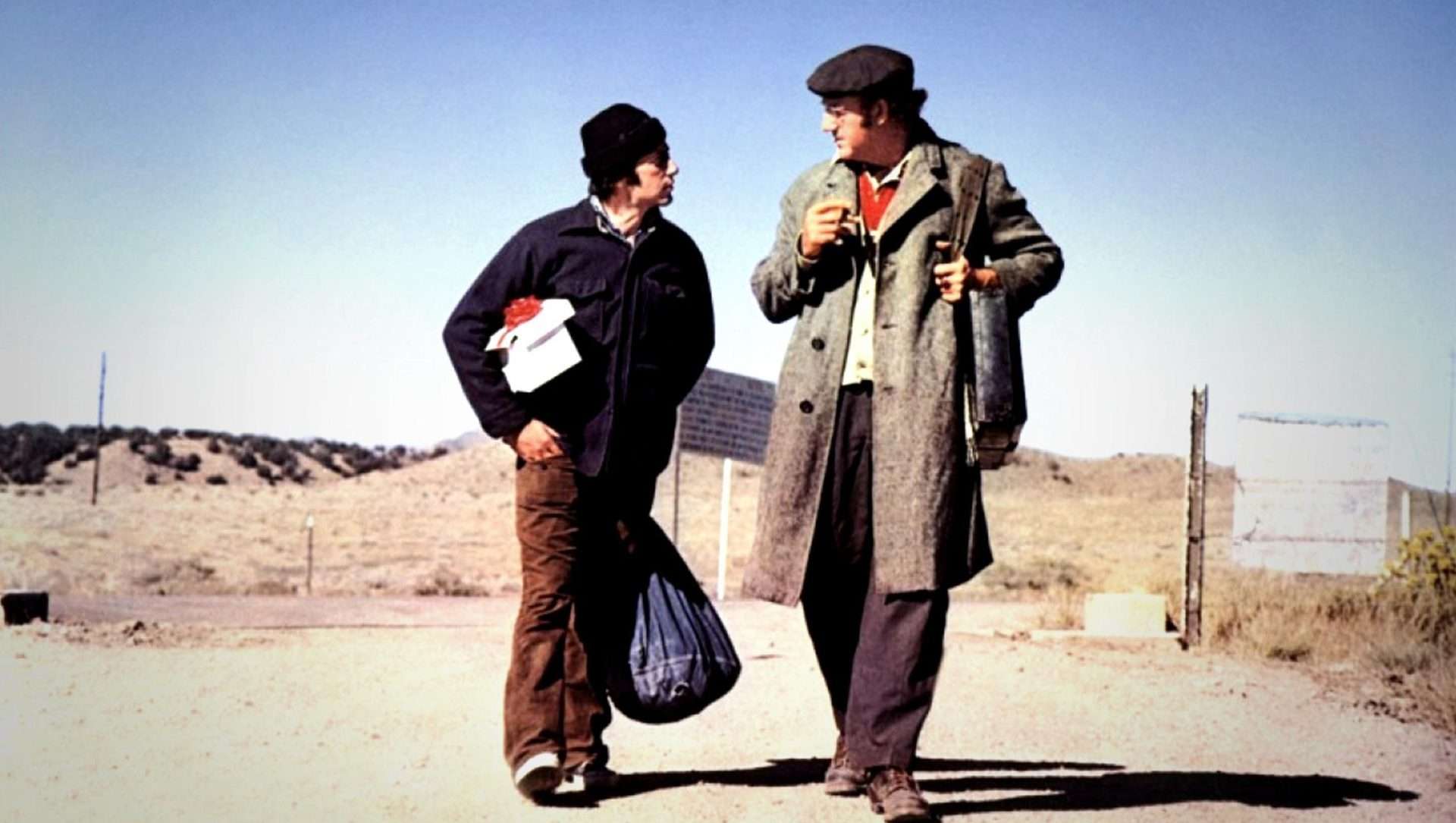
The movie takes place in a time when men didn’t talk about their problems. Something must’ve happened in his past for Max to develop major trust issues based on the fact that he wears everything he owns (at all times) so no one can steal his property. He doesn’t like people taking advantage of him. Francis also suffers from guilt for decisions he made a long time ago. The signs are there throughout the movie. It just takes a while for the audience to see. But in their friendship, Max and Francis find a sense that they belong somewhere.
The difference between the two characters and their behaviour in general is so vivid that it lends a rawness to the movie. It’s almost as if they don’t belong in the same film. For the most part, “Scarecrow” just cruises along with these two characters travelling cross-country without anything dramatic taking place. That changes when a bar fight lands Max and Francis in prison. Initially, Max blames Francis for the fight, but when another inmate attacks Francis, Max avenges his humiliation.
Max becomes more sensitive towards Francis as he sees his cheerful mask slip. But it’s not in his nature to be sensitive. He fails to see why Francis gets into a catatonic state after talking to his ex-wife and needs to be hospitalized. In an unsentimental style, the script informs us that Max won’t be starting his carwash company, leaving Francis alone. His issues with trust and anger disappear. In the sublime final scene, “Scarecrow” presents a deeply moving ode to friendship. Overall, it speaks about friendships that develop out of necessity and end up giving meaning to our lives. It’s a beautiful thought that “Scarecrow” expresses through characters played by thoughtful, intelligent, and dynamic actors.



![Hugo [2011] Review: As Endearing As It Is Frustrating](https://79468c92.delivery.rocketcdn.me/wp-content/uploads/2020/02/hugo-cover-768x432.jpg)

